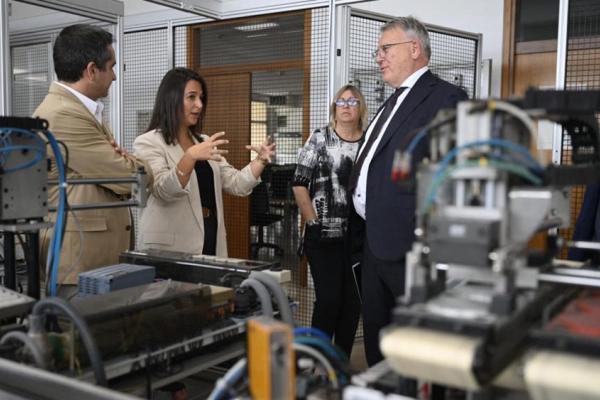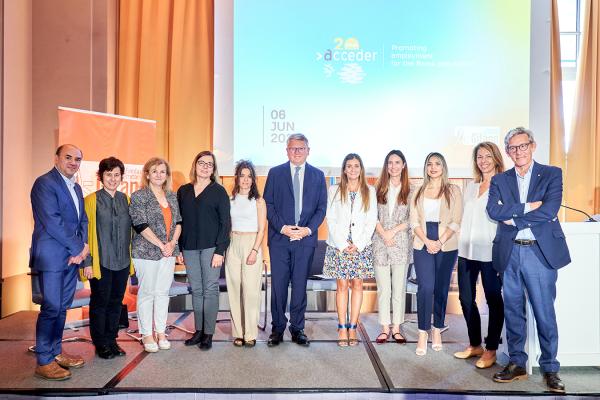
The EU will invest EUR 11.3 billion in ESF+ funding in Spain to promote social cohesion, skills and employment, paying special attention to women, young people, low-skilled adults and people with a migrant background. The funds will encourage the recruitment of long-term unemployed and other vulnerable people – including persons with disabilities. These investments will also enhance the conversion of apprenticeships to open-ended contracts, thus supporting Spain’s new labour market reform. Skills development, such as those needed for the green and digital transition, will also be supported, in particular through vocational education and training.
The ESF+ will also help improve the living conditions of vulnerable people through the strengthening of social services and the roll-out of activities facilitating their inclusion. Other supported activities will fight poverty and safeguard children's rights to education and access to social services in line with the European Child Guarantee. The Fund will help integrate children with disabilities in mainstream education to prevent and reduce early school leaving. Finally, Spain will focus on improving access to affordable and quality social services, healthcare and community-based long-term care.
The ESF+ investments will help Spain achieving its 2030 social targets under the European Pillar of Social Rights by raising the employment rate to 76%, adult participation in education and training to 60% and by reducing the number of people at risk of poverty and social exclusion by over 2.8 million people.
The ESF+ in Spain is implemented through 4 national programmes and 19 regional programmes (one per autonomous region or city).
Latest projects & news

Catalonia invests in retraining unemployed adults in technical professions, focusing on women

ESF+ in Galicia invests in housing, employment and social inclusion

